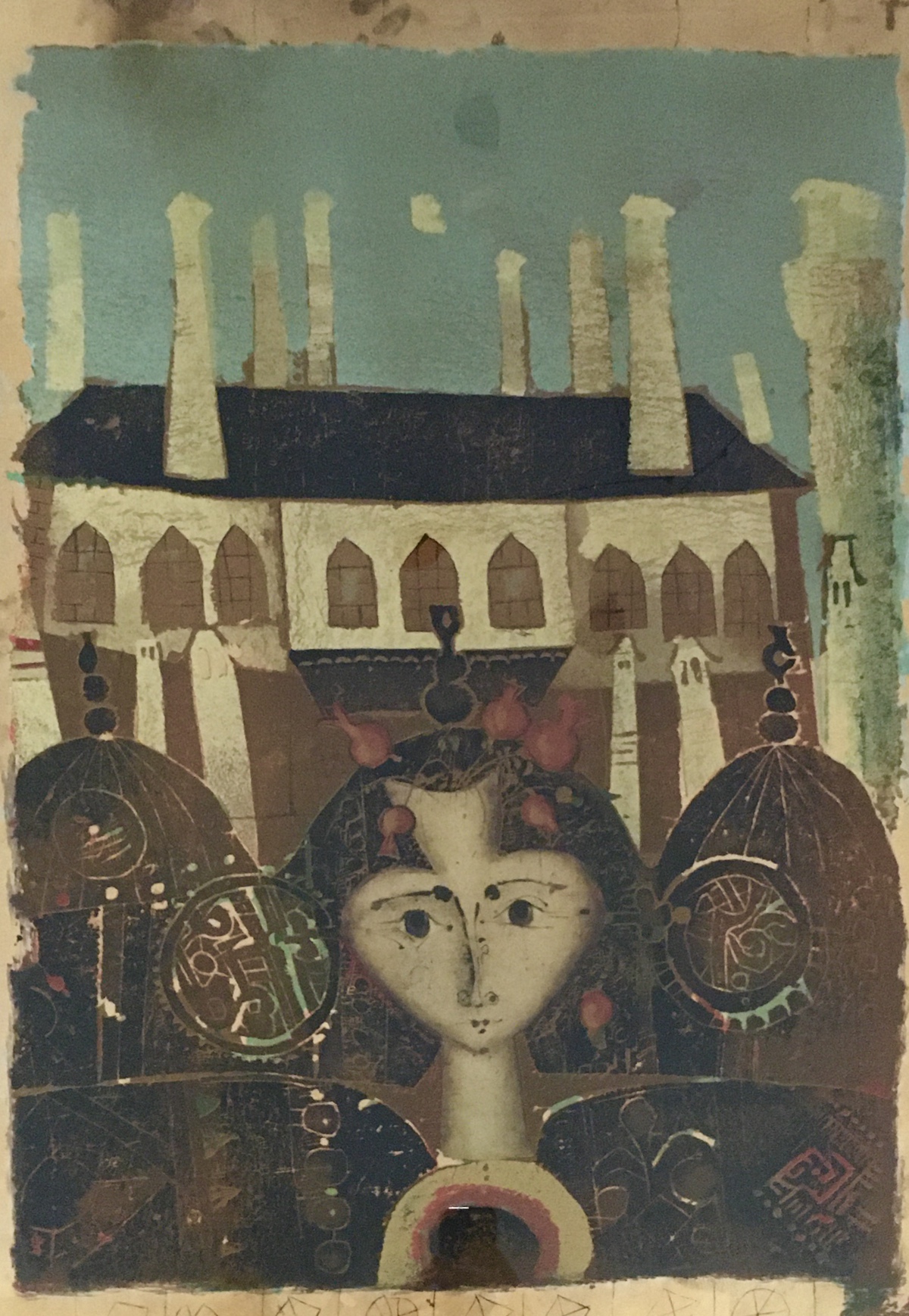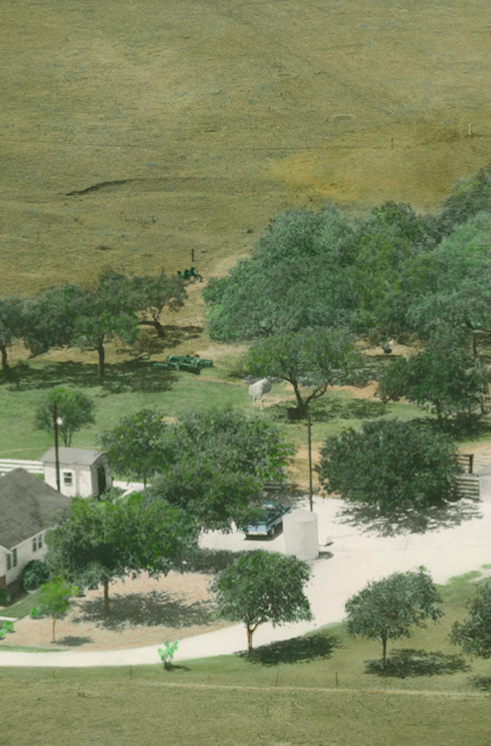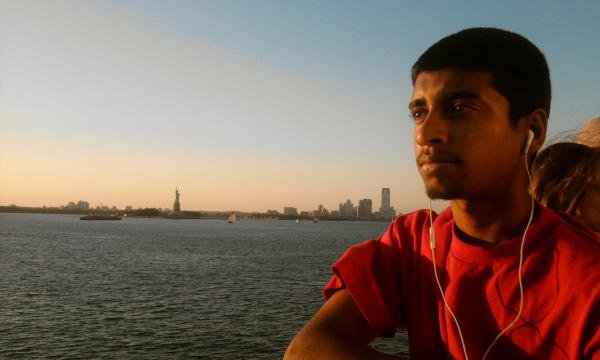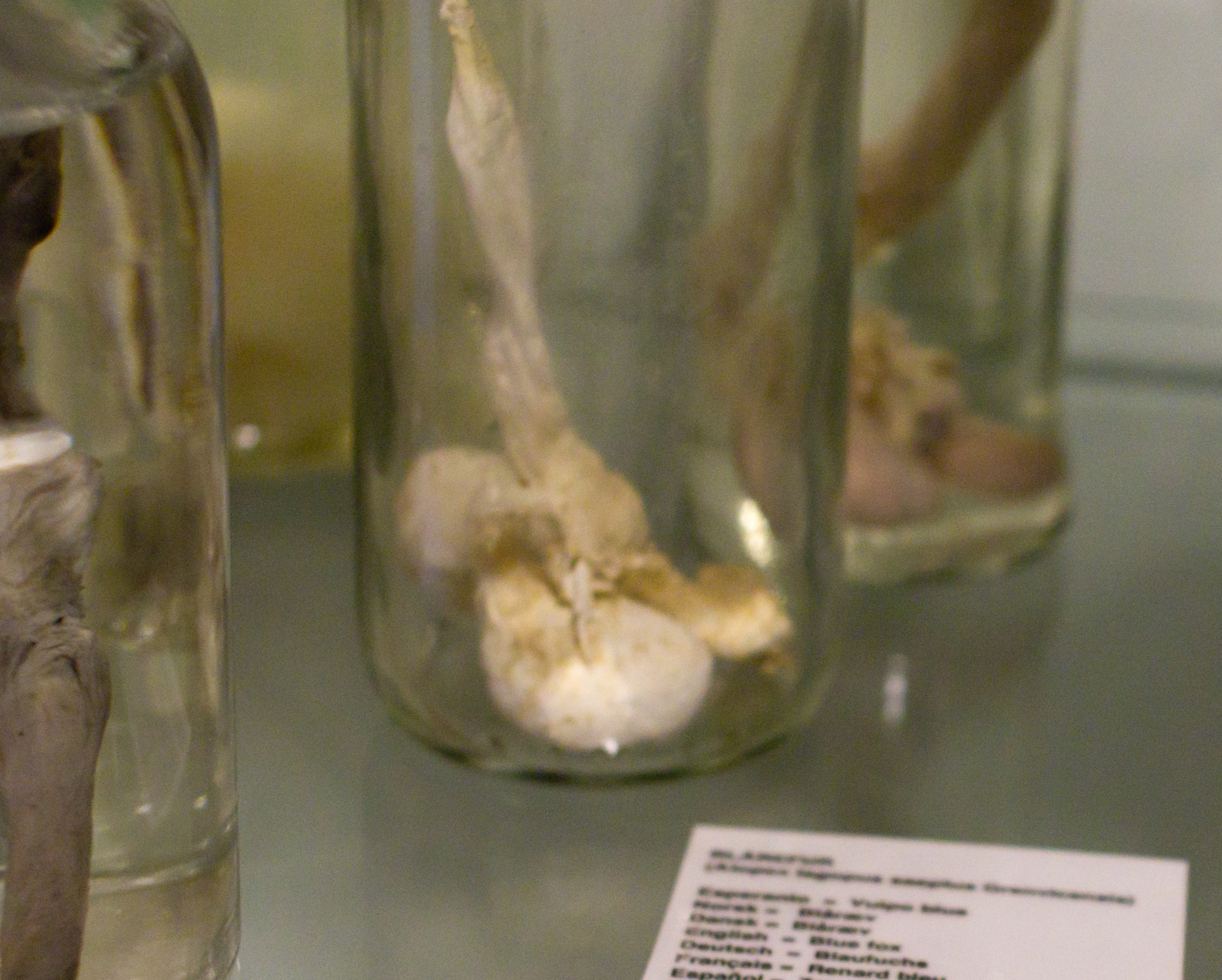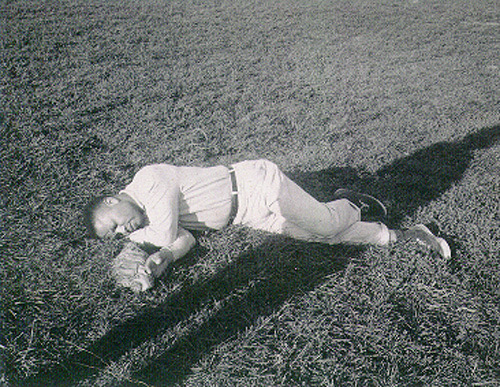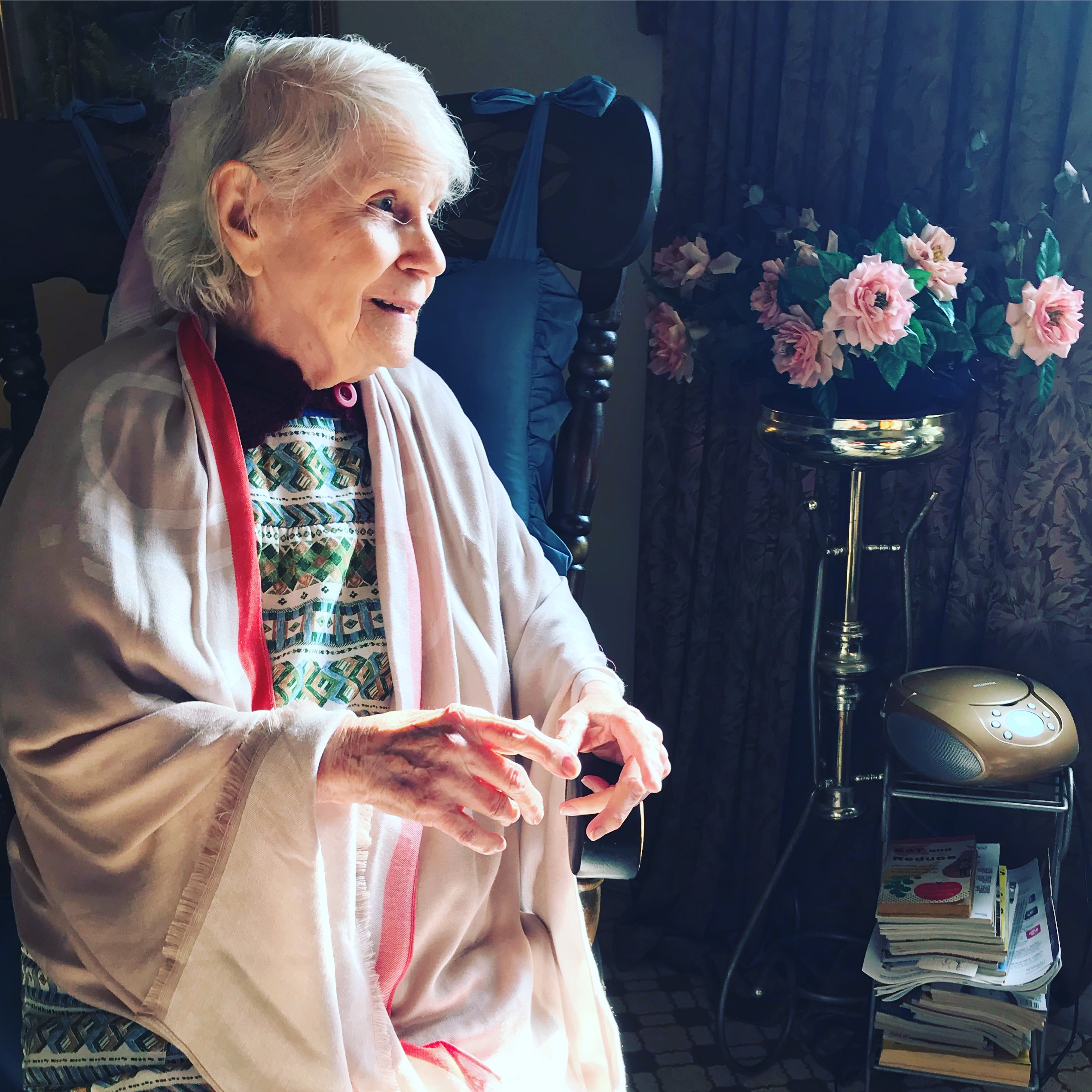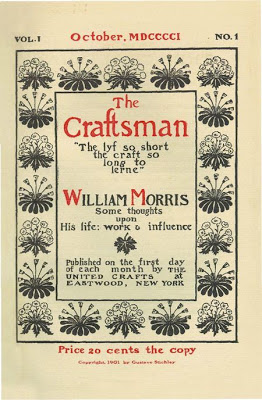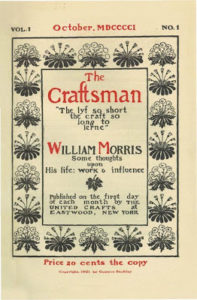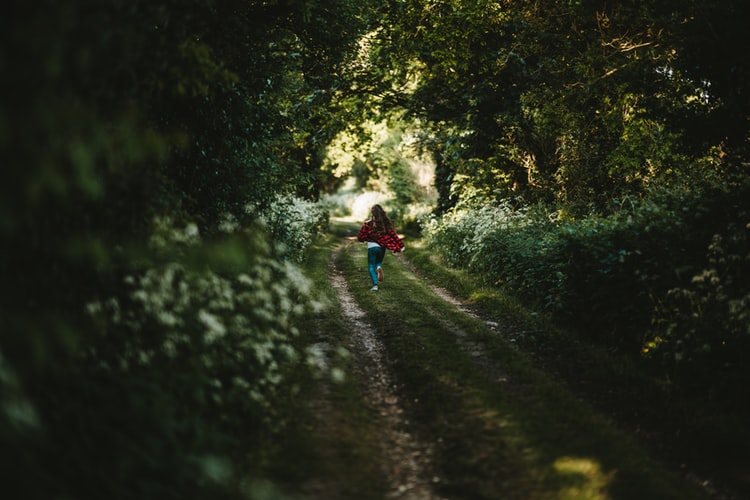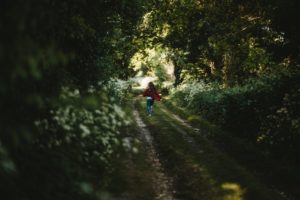
According to the story, my third word—after Mommy and Daddy—was “picture.” In Zagreb, where I spent the first two years of my life, my mother lifted me from my pram to see the pieces of art. “Look, Jehanne, look at the picture.” On sunny days, we took the funicular from our apartment in the old section of the city, downhill to the lower, newer portion, where we visited galleries or just toured the neighborhoods. Or, we wandered closer to home, through cobblestone streets to St. Mark’s Church—with its ecstasy of colorful roof tiles—only a few blocks away. Even if we stayed indoors, we could gaze down from the windows of our apartment into the courtyard of the Meštrović Atelier, a gallery dedicated to one of Yugoslavia’s most renowned artists. The rumor went that, years before, Meštrović himself had slept in the very rooms where we now slept, ate where we ate, regarded the same medieval views of Zagreb. Our dining room, which was punctuated with a series of rounded alcoves, once displayed the sculptor’s works-in-progress.
